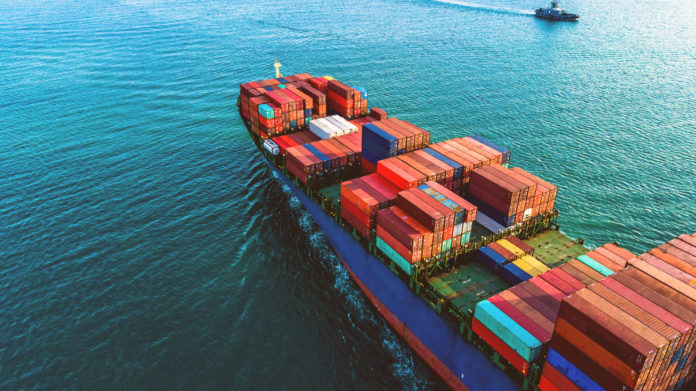Manufacturers and traders in the US and Europe are waiting to see if factory workers in China return to work next week, 17 February, following the coronavirus outbreak as the western companies fear their operations may grind to a halt if cargo does not start moving soon, says shipbroker Braemar.
Athens-based broker Allied Shipping offers a more prosaic view claiming, “The shipping industry sees freight markets in a complete state of collapse as demand gets paralysed by the ensuing effects [of the coronavirus]”.
George Lazaridis Head of Research & Valuations at Allied, believes that there has been a major correction since the beginning of this year with both the dry bulk and tanker markets slowing significantly. These are the primary building blocks for manufactured goods.

According to Lazaridis, “This sparks further worries, as the prevailing projections now are for China’s year-on-year economic expansion for Q1 2020 to fall down to 4%, the slowest pace since China first started publishing quarterly figures back in 1992.”
In a rather bleak outlook Allied also notes that all parts of the maritime sector have taken a hit including the shipbuilding, ship repair, crewing, cargo loading and discharging as well as sale and purchase activity. And this has led some traders to issue force majeure notices.
Allied believes that the condensed nature of the economic slowdown means that the industry will attempt recoup lost cargo revenues, when it becomes clear that the virus emergency is over, by pushing through larger volumes, while Lazaridis even speculates that the Chinese Government may consider a monetary “stimulus package”.
This rather bleak outlook is not entirely shared by brokers at Braemar they too are a pessimistic about the broader economic picture, but Braemar researcher, Jonathan Roach said the company had “noticed a healthy level of enquiry and activity,” in the sale and purchase market.

Braemar quotes the acquisition of the Niledutch Antwerpen, a 3,510TEU, geared vessel, built in 2015 by the Shanghai New Shipyard, on undisclosed terms. In addition, it has been reported that the 2,764TEU, geared Gisele A, built in 2004 by the Gdynia Shipyard, has been sold to UAE-based operators Tehama for a price of US$6.8 million.
“Demo prices have continued to soften as we see large dry bulk vessels entering the market for recycling, coupled with softening steel plate prices and uncertainty caused by the Coronavirus,” said Braemar.
Nick Savvides
Managing Editor







